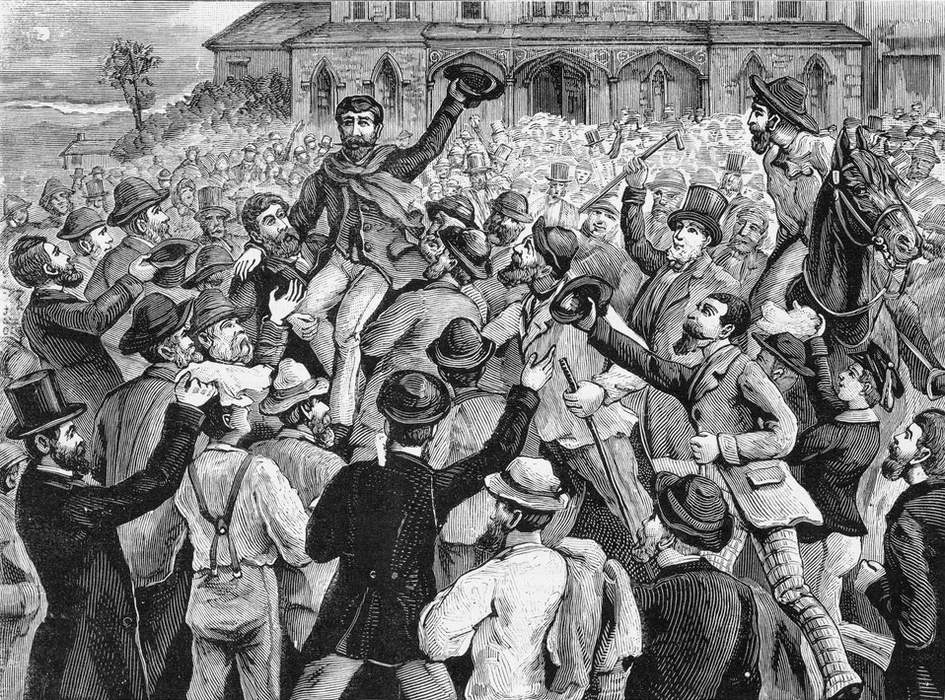Acquittal
The legal result of a "not guilty" verdict
Acquittal ▸ Facts ▸ Comments ▸ News ▸ Videos

In common law jurisdictions, an acquittal means that the criminal prosecution has failed to prove that the accused is guilty beyond a reasonable doubt of the charge presented. It certifies that the accused is free from the charge of an offense, as far as criminal law is concerned. The finality of an acquittal is dependent on the jurisdiction. In some countries, such as the United States, an acquittal prohibits the retrial of the accused for the same offense, even if new evidence surfaces that further implicates the accused. The effect of an acquittal on criminal proceedings is the same whether it results from a jury verdict or results from the operation of some other rule that discharges the accused. In other countries, like Australia, Canada and the UK, the prosecuting authority may appeal an acquittal similar to how a defendant may appeal a conviction — but usually only if new and compelling evidence comes to light or the accused has interfered with or intimidated a juror or witness.
| 0 shares | ShareTweetSavePostSend |
You Might Like
Here's the Diddy Verdict Sheet Returned by Trial JurorsHere's the verdict sheet returned by jurors in Sean "Diddy" Combs' federal criminal trial ... and you can see the check marks for "Not Guilty" on the sex trafficking and racketeering charges. Jurors..TMZ.com - Published |
| Search this site and the web: |
